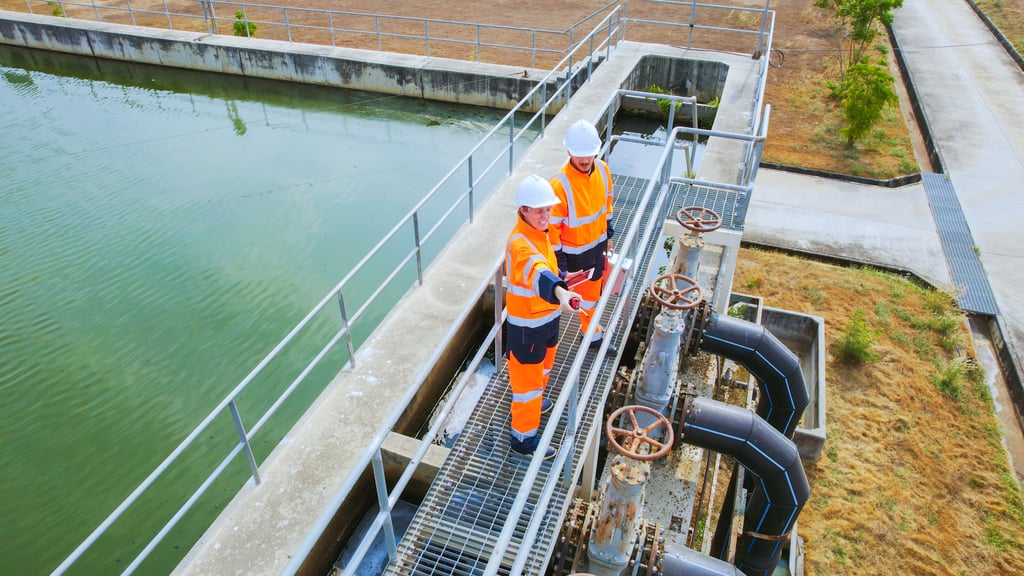In an era where accountability and transparency define business success, a significant transformation is taking place in managing social auditing across global supply chains. Organisations such as McDonald’s and Unilever are integrating the Sedex Members Ethical Trade Audit (SMETA) 7.0 into their compliance frameworks. This change reflects the growing importance of transparent ethical practices, driven by consumer expectations, regulatory requirements and corporate responsibility. This shift is not only a testament to how important ethical practices are expanding globally; but also, the growing requirement for organisations transparently demonstrating their level of commitment, which is driven by consumer expectations, regulatory requirements and corporate responsibility.
SMETA simplifies the complexities of social audits by offering a clear and reliable framework. It helps organisations assess their commitment to environmental sustainability, safety standards, labour standards and ethical operations, and then showcase these values to clients and stakeholders.
The rise of standardisation in ethical auditing
Over the years, the challenges of fragmented social compliance standards have long created inefficiencies and gaps in global supply chains. Much like the Global Food Safety Initiative (GFSI) streamlined food safety with its "certified once, accepted everywhere" principle, SMETA is one of a select few emerging as trusted benchmarks for social audits, offering consistency and trust on a global scale.
Adopting the change
Global organisations are setting the tone. Starting in January 2025, organisations such as McDonald’s will require all suppliers to undergo SMETA 4-Pillar audits. Similarly, Unilever has adopted SMETA 7.0 as a cornerstone of its supplier qualification and management process, simplifying reporting and reducing complexity. PepsiCo, Global Packaging, Perrigo and many more have already adopted the SMETA 7.0/4-Pillar audits. These moves are setting a clear industry precedent, influencing suppliers to align their practices.
SMETA’s 4-Pillar framework: A holistic approach
SMETA’s comprehensive design sets it apart. While its 2-Pillar audit evaluates labour standards and health and safety, the 4-Pillar framework expands the scope to include environmental impact and business ethics. This broader focus addresses growing demands for sustainability and operational integrity, providing businesses with a robust foundation to meet stakeholder expectations.
Peter Ogla, LRQA’s leader in social compliance auditing, stated:
"Organisations who adopt SMETA 7.0’s 4-Pillar framework are demonstrating their dedication to ethical practices, environmental responsibility and employee welfare. It builds stakeholder trust and strengthens industry partnerships, positioning businesses for long-term success."
Reliable, consistent audits: The importance of expertise and calibration
For auditing frameworks like SMETA to succeed, they must be delivered through consistent and expertly calibrated processes and professional auditors. A consistently high level of quality is key; ensuring that audits conducted across regions follow the same rigorous approach. LRQA offers consistent, trained auditors who hone their expertise in calibrated social compliance audits, which in turn helps businesses maintain not only reliability, but also ensures businesses produce actionable and meaningful change.
“Smaller suppliers, who are often constrained by limited resources, can benefit significantly from a standardised approach. Complying with SMETA 7.0 4-pillar audits enables smaller suppliers to demonstrate their best-in-class approach to social compliance. This increases their ability to win new business" explained Peter Ogla.
SMETA 7.0: Driving collaborative improvement
One of the key updates in SMETA 7.0 is the introduction of the Management Systems Assessment (MSA), which replaces the previous 'observations' category. This enhancement provides a more structured approach to evaluating a site’s policies, procedures, and practices, helping businesses better identify and mitigate potential risks. By shifting the focus from passive reporting to proactive management, SMETA 7.0 positions audits as opportunities for meaningful improvement rather than mere compliance checks. This change, coupled with the new "Collaborative Action Required" category and enhanced assessments of environmental practices and business ethics, underscores the framework’s commitment to transparency, accountability and sustainability.
This change reflects a broader industry shift towards using audits as a means to drive genuine improvement. Organisations are now employing audits to enhance ethical standards, improve transparency, and address the growing expectations of stakeholders. By collaborating in this manner, businesses can achieve sustainable growth while maintaining accountability and promoting ethical supply chain management practices.
Ensuring consistency across global supply chains
Global organisations benefit from calibrated audits, as it allows for global benchmarking across thousands of audits. Reliable processes mean businesses can trust the results, regardless of geography, enabling them to meet high ethical standards and drive meaningful continuous improvement.
Ethical auditing: A focus on continual improvement
Ethical auditing has evolved beyond simply meeting regulatory requirements. SMETA’s emphasis on continual improvement enables organisations to strengthen stakeholder relationships, address risks and remain competitive in an ever-changing marketplace. By adopting frameworks like SMETA, businesses can focus on building resilient and responsible supply chains.
While SMETA is widely recognised as a leading framework, it is not a one-size-fits-all solution. Organisations must tailor their approaches to align with their specific challenges and objectives, ensuring that ethical practices are seamlessly integrated into their operations. This adaptability is key to achieving both compliance and long-term success.
Shape the future of ethical supply chain management
For organisations aiming to lead in ethical supply chain practices, SMETA, along with other widely recognised social auditing frameworks such as amfori BSCI, LRQA’s ERSA and FSSC 24000, a new social compliance standard introduced in 2025, all provide a structured and effective approach. These frameworks enable both large organisations and their suppliers to demonstrate best-in-class practices, positioning them for financial success.
Our comprehensive knowledge of social compliance auditing, demonstrated through 12 years as a Sedex Associate Audit Group member, combined with our recognised expertise in grievance mechanisms and responsible sourcing, reflects our commitment and technical capability to help you successfully manage your global supply chain challenges.
Get in touch with LRQA today to explore how we can help you build trust, meet compliance goals and achieve long-term success through ethical supply chain practices.








